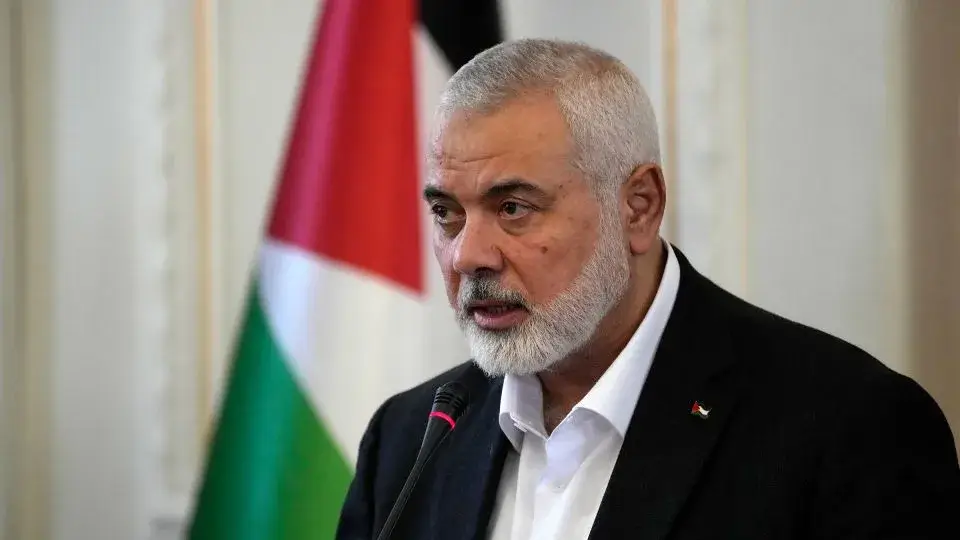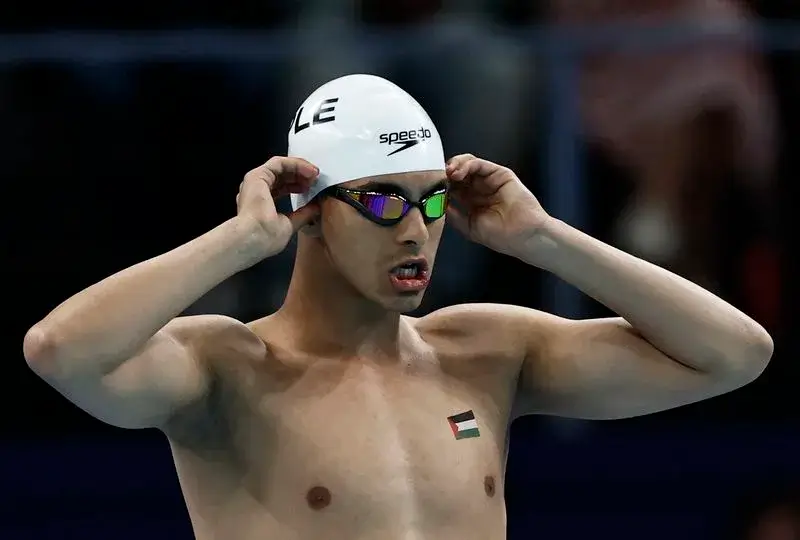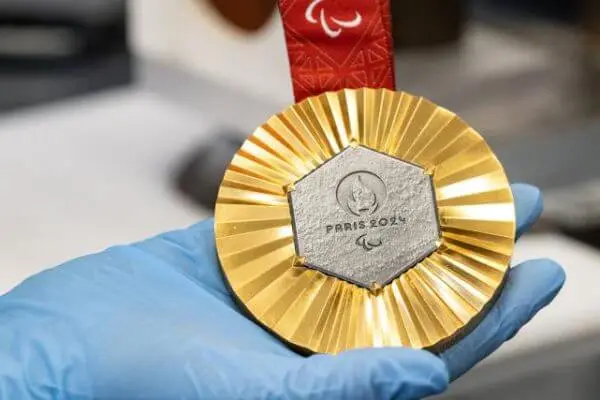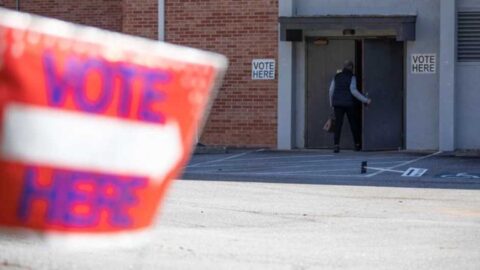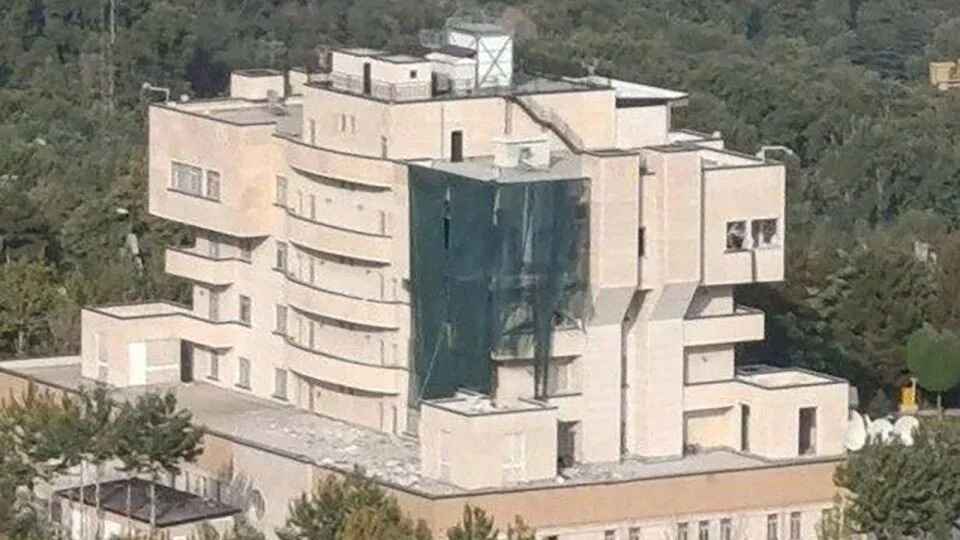Iran’s Revolutionary Guards Corps and Hamas have announced the killing of Hamas political leader Ismail Haniyeh in Tehran. Today’s steps raise concerns of an intensified military conflict in Middle East even if it involves limited strikes.
Haniyeh, the second leader of an Iran-backed militant group reported assassinated recently, was a major figure for Hamas, heading its political operations while living overseas. Hamas accused Israel of targeting Haniyeh and his bodyguard in a “strike” on his Tehran residence after he attended the new Iranian president’s inauguration.
Israel’s military did not respond to these reports, but senior officials have previously vowed to eliminate Hamas leadership in response to the group’s October 7 attack on Israel. Israel did confirm a strike in Beirut, killing Hezbollah’s top military commander, Fu’ad Shukr, escalating confrontations that began on October 8.
The exact time of Haniyeh’s killing remains unclear. Hamas had released pictures of Haniyeh meeting Iranian officials on the day of the new president’s swearing-in.Part of the dilemma is the timing, with heightened violence between Israel and Hezbollah, and constant conflict between Hamas and Israel in Gaza amidst an humanitarian emergency.
Haniyeh’s death may force a halt to current hostage and cease fire negotiation processes in Gaza. This white house has admitted specification of Haniyeh’s death and does not want to give any further information. U.S. Defense Secretary Lloyd Austin said this in the Philippines: War in the Middle East is not imminent but if it happens, yes the US stands with Israel.
Haniyeh would be the second senior Hamas leader killed since Israel’s war in Gaza began. The group previously lost Saleh Al Arouri, deputy head of its political bureau, in an Israeli airstrike in Beirut. However, the group has stood the loss of other leaders such as the co-founder Sheikh Ahmed Yassin and Abdel Aziz Rantisi in the same year.
CNN Political and Foreign Policy Analyst Barak Ravid said Haniyeh was not militarily powerful but his assassination could impact other negotiations. The Islamic Revolutionary Guard Corps is investigating Haniyeh’s death and will announce results later.
Palestinian Authority President Mahmud Abbas denounced the killing as ‘a criminal act and a very, very dangerous precedent’, and appeal for Palestinian ‘unity and persistence in the face of the Israeli occupation’.
It could also be strategic that the deaths of Haniyeh, head of a separate Iran-backed faction, and Hezbollah’s Shukr occurred close together. Brigadier General (Res.) Assaf Orion said some of these deaths may incite a reaction by Iran and its surrogates, the ‘Axis of Resistance’.
That conflict has now extended to the open conflict between Israel and Hamas, and has internationalised Israel’s covert war with Iran. While Israel has not said anything about Haniyeh’s death, it has previously assassinated Hamas leaders and Iranian officials. Previous operation associated with Israel include the conduct of air raids on Iranian military personnel in Syria.
Who is Ismail Haniyeh?
Ismail Haniyeh, 62, born in a refugee camp near Gaza City, joined Hamas in the late 1980s. Rising through the ranks, he became chief of the group by 2017 and was designated a “specially designated global terrorist” by the United States. Despite losing three sons and four grandchildren to Israeli airstrikes in April, Haniyeh maintained that Hamas would not back down on its demands in ceasefire and hostage talks.
This is a developing story and will be updated.
CNN’s Kareem Khadder and Sahar Akbarzai contributed reporting.
For more CNN news and newsletters create an account at CNN.com


